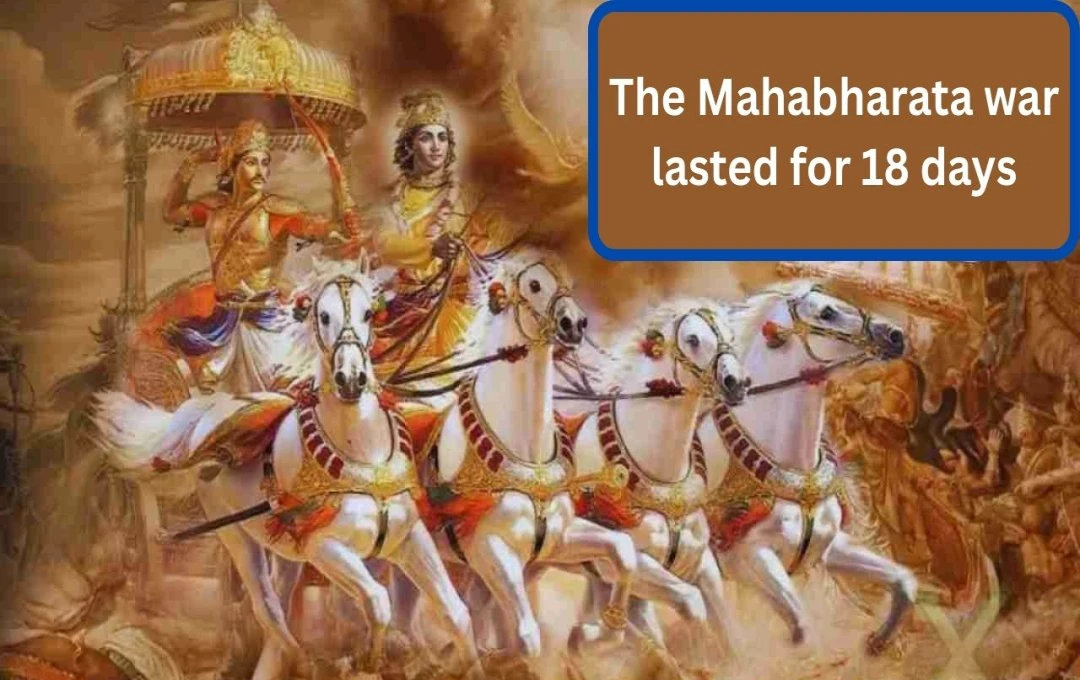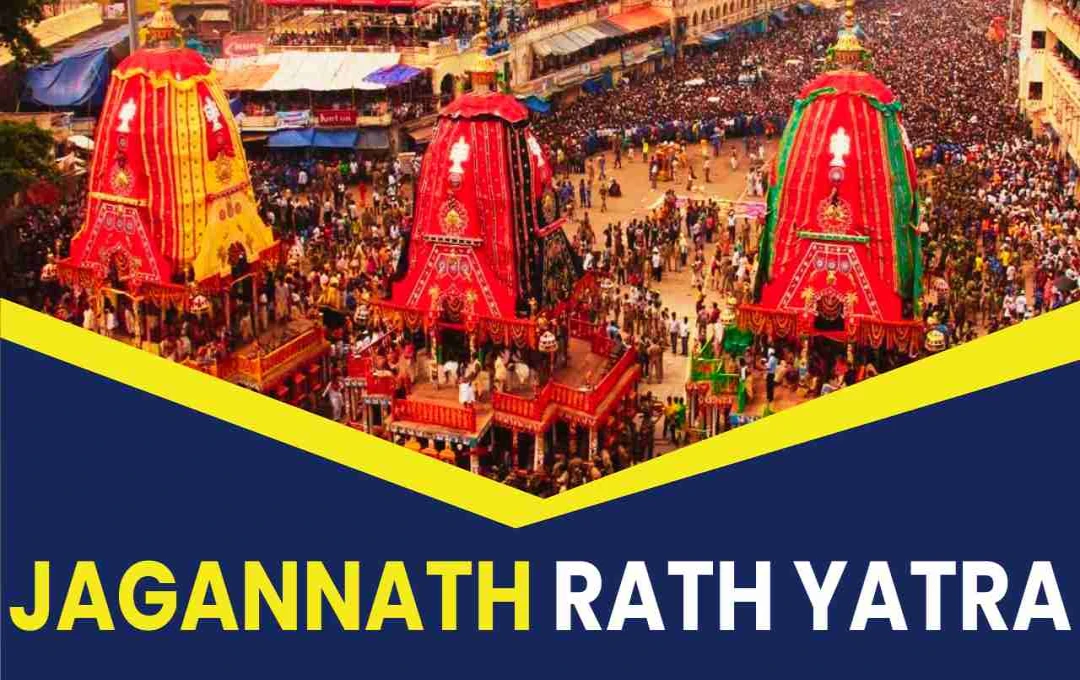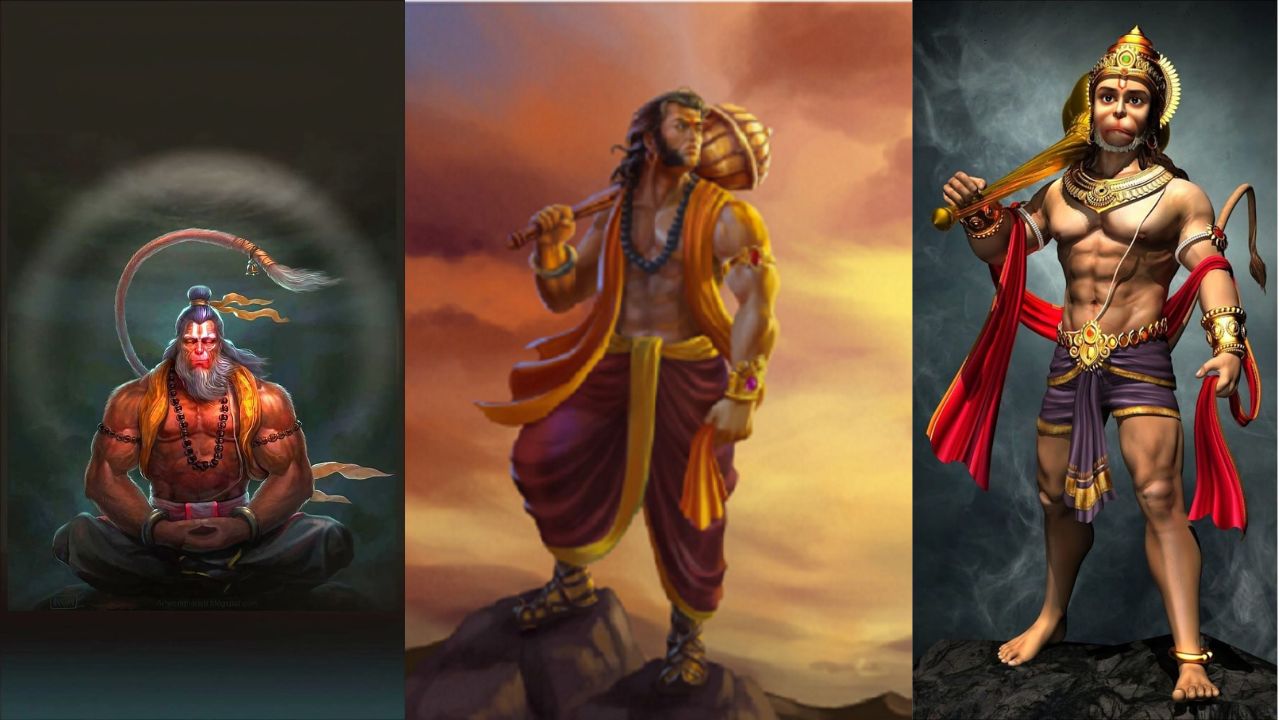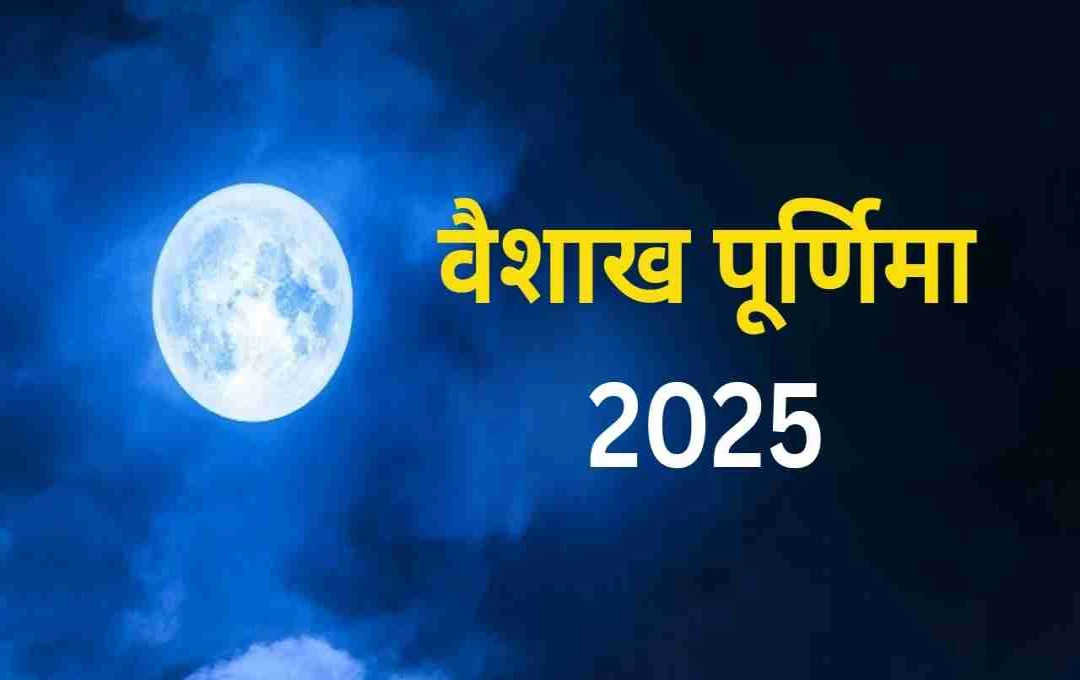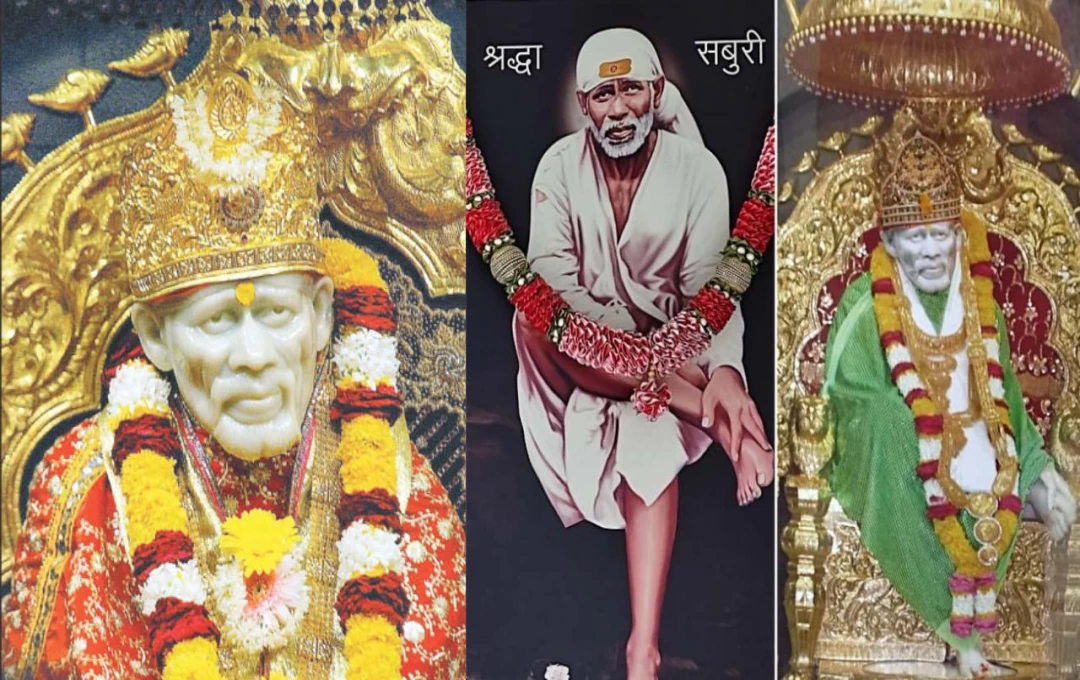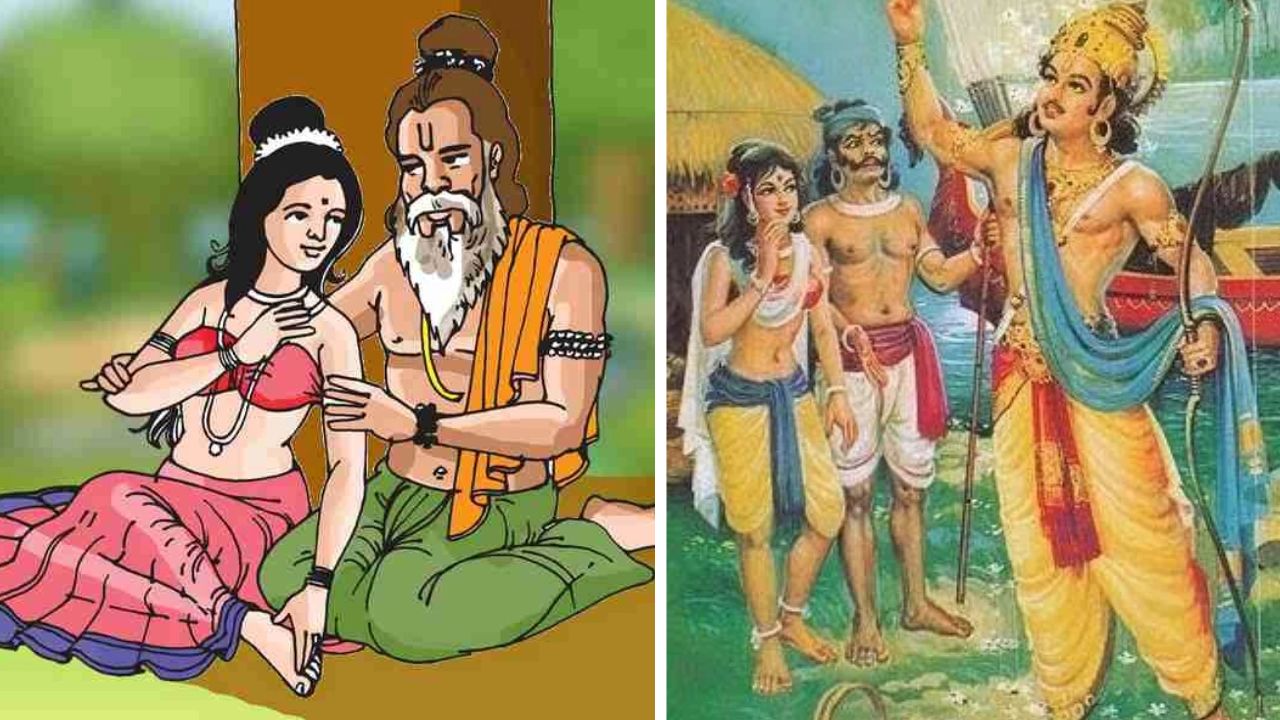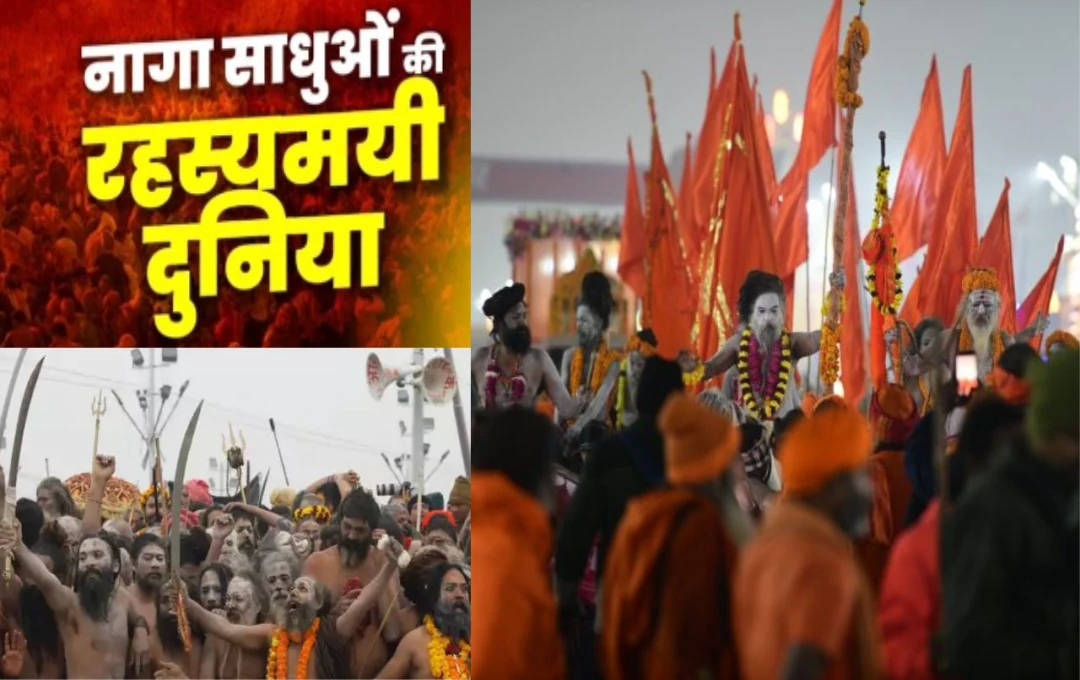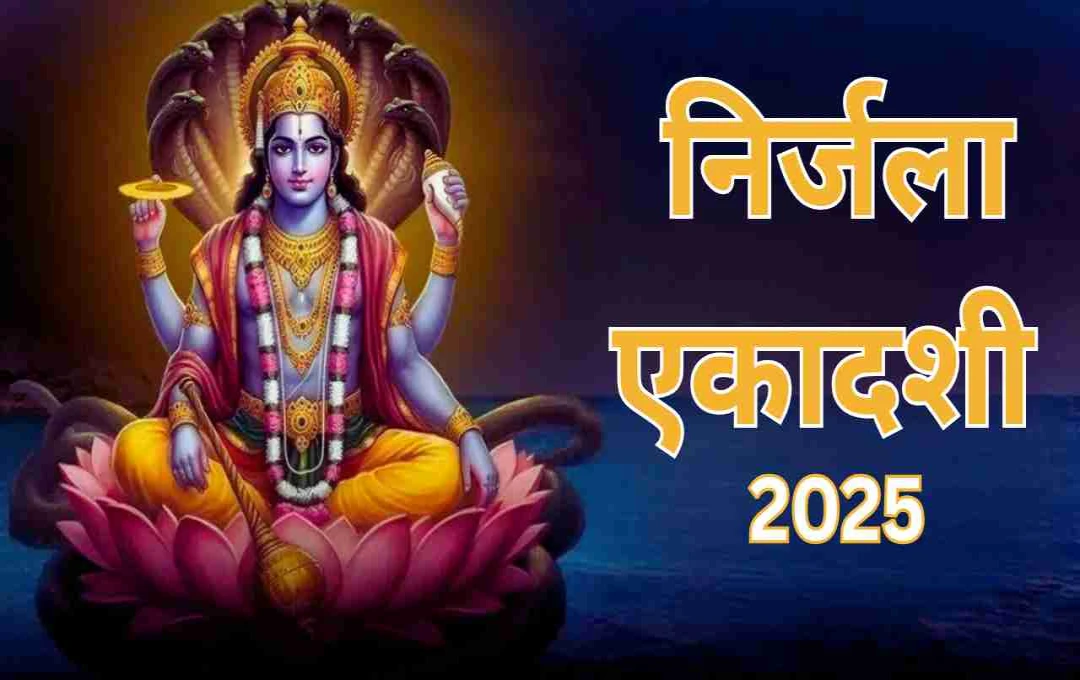The Mahabharata is a great epic, not merely a narrative of war, but a profound text explaining dharma (righteousness), adharma (unrighteousness), morality, immorality, and the esoteric mysteries of life. The Kurukshetra War, fought in the Dvapara Yuga, is described as a righteous war within the epic. The Pandavas fought on the side of dharma, while the Kauravas fought for adharma. This war lasted 18 days, a number recurring frequently throughout the epic. But have you ever pondered why the war lasted precisely 18 days – neither a day less, nor a day more?
18 Days and the Mystery of the Mahabharata
The Mahabharata was not just a war; it was the greatest battle between dharma and adharma. The most astonishing aspect of this war is that it concluded not in months or years, but in merely 18 days.
The Divine Secret of 18:
An 18-Day War: The fierce Mahabharata war, fought on the plains of Kurukshetra, lasted only 18 days. Each day witnessed new strategies, new tactics, and the valiant deaths of numerous warriors. This war was as bloody as it was meticulously planned and enigmatic.
The Bhagavad Gita's 18 Chapters: Before the war commenced, Arjuna wanted to withdraw. The teachings Lord Krishna imparted to him then are known today as the Bhagavad Gita. It comprises 18 chapters, each representing a crucial aspect of life. This is not mere coincidence but a spiritual indication.
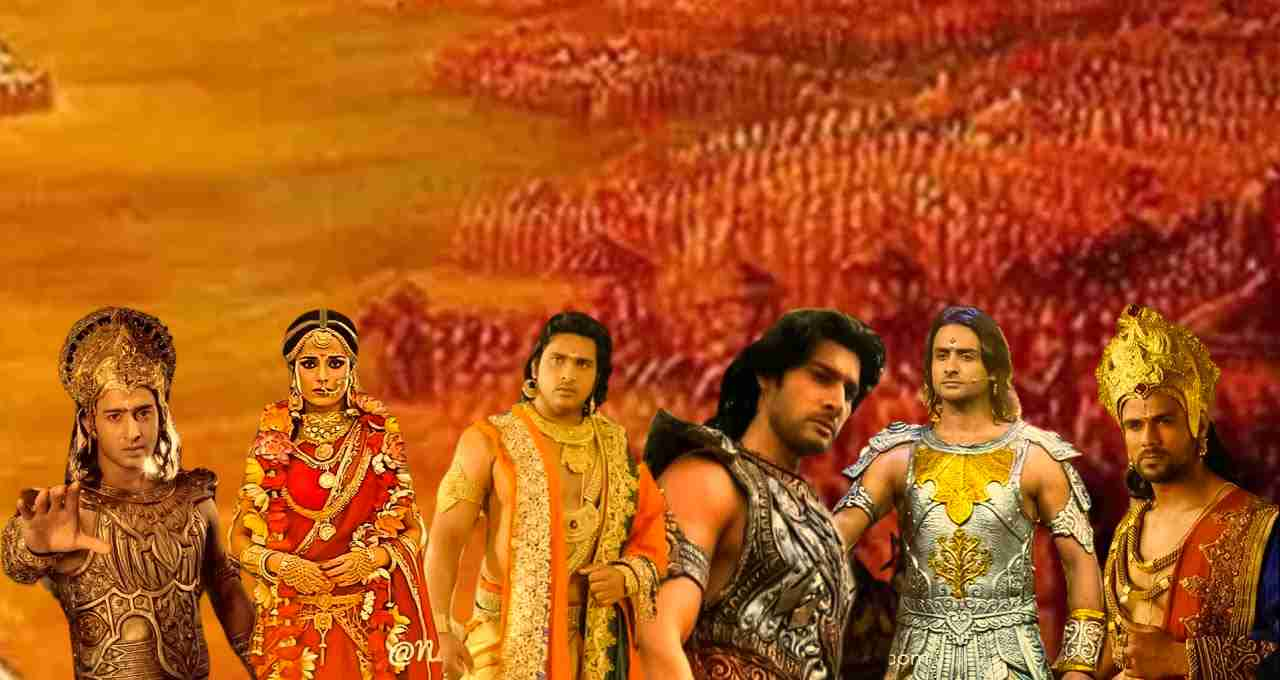
18 Akshouhini Armies: A total of 18 Akshouhini armies participated in the Mahabharata War. The Pandavas possessed 7, while the Kauravas had 11. Each Akshouhini comprised millions of soldiers. The war's organization was also linked to the number 18.
18 Principal Warriors Survived: When the dust settled after this tumultuous war, only 18 principal warriors remained alive. This in itself is a profound symbol – a confluence of power, strategies, and destiny.
The Mahabharata Written in 18 Days: It is believed that Maharshi Veda Vyasa, with the assistance of Lord Ganesha, penned this great epic in just 18 days. Veda Vyasa had already foreseen the events of the war, and Ganesha diligently transcribed them into a comprehensive text.
What is the Significance of '18'?
In Hinduism, the number 18 holds immense significance. It is considered a multiple of “9,” as 1 + 8 = 9. The number 9 symbolizes completeness, culmination, and cosmic balance – such as the nine forms of Navadurga, the nine planets of Navagraha, and the nine types of Navdha Bhakti. Therefore, 18 also spiritually signifies complete culmination and balance.
The Mahabharata's 18-day war can be viewed through this lens. The war symbolizes the struggle within a human being against negative emotions like anger, attachment, greed, and ego, and the process of self-purification. The 18 days represent rigorous penance and introspection, culminating in the victory of truth and dharma. Thus, '18' is not just a number but also a message of spiritual awakening and the inner battle within humankind.
Reasons for the Mahabharata War: Not Just a Land Dispute
The Mahabharata war was not merely a battle for land or kingdom; it stemmed from deeper social, ethical, and personal causes.
Duryodhana's Arrogance: Duryodhana was extremely arrogant and egotistical. He refused to give the Pandavas even a needle's point of land. This selfishness and stubbornness were a major cause of tension between the Pandavas and Kauravas.
Draupadi's Insult: The humiliation of Draupadi was a significant cause of the war. Staking Draupadi in a game of dice and attempting to disrobe her was an act of adharma. This insult fueled intense resentment within the Pandavas.
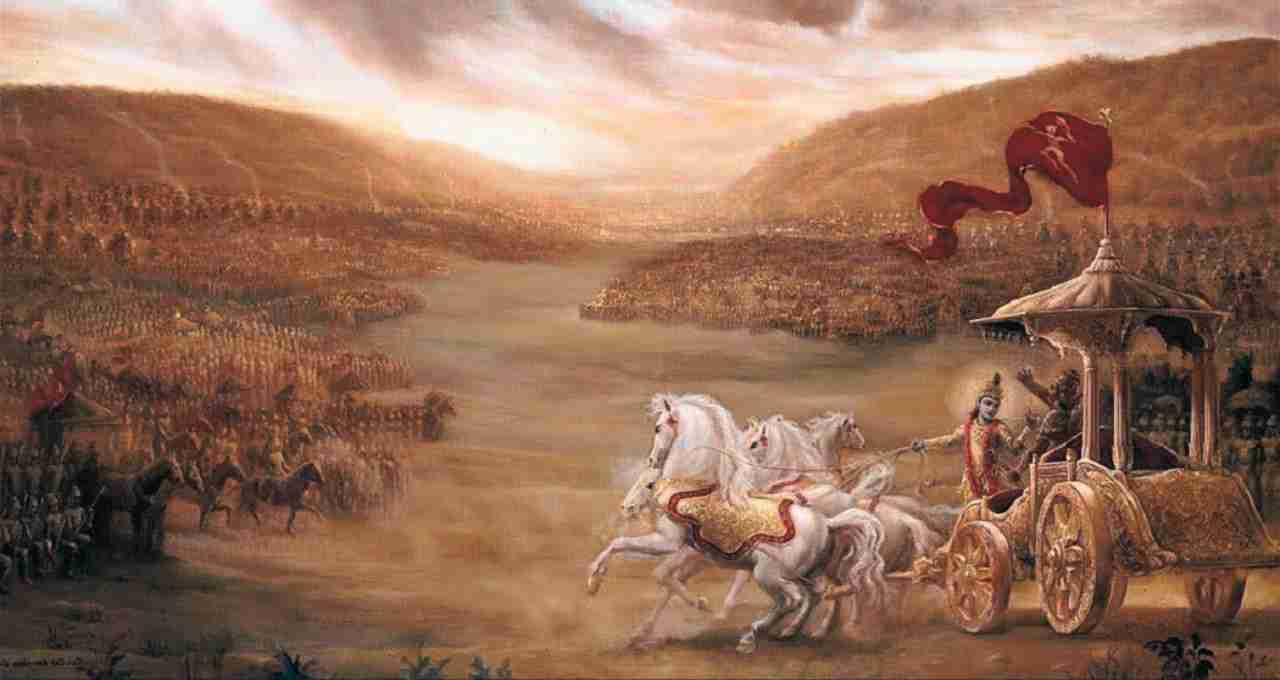
Gambling and Deception: The Kauravas cheated the Pandavas in a game of dice, forcing the Pandavas into 13 years of exile. This deceit and injustice were among the war's primary causes.
King Dhritarashtra's Parental Affection: King Dhritarashtra failed to restrain his son Duryodhana's misdeeds. His paternal affection blinded him to injustice, emboldening Duryodhana against the Pandavas.
Failure of Justice: When all attempts at reconciliation and peace failed, war became inevitable. In this battle between dharma and adharma, truth and justice ultimately prevailed.
The Spiritual Message of 18
The Mahabharata was not merely a war but a symbol of life's struggles and trials. The 18-day war, the Bhagavad Gita's 18 chapters, and the 18 armies illustrate that when we follow the path of dharma, truth, and justice, even the most significant conflicts can conclude within a limited time.
The number 18 teaches us that however long and arduous difficult circumstances may seem, if we remain steadfast on the right path and maintain our inner strength and patience, victory will ultimately be ours. Therefore, the spiritual message of 18 is: Do not fear struggles, for efforts in the right direction yield success in a limited time.
What Happened in the Mahabharata War?
The Mahabharata war, fiercely fought on the Kurukshetra battlefield, witnessed several significant and historic events between the Pandavas and Kauravas. Many great warriors participated, including Arjuna, Bhima, Draupadi, Karna, Duryodhana, and Bhishma. Strategies employed included the Ashvamedha Yagna, the use of astras (divine weapons), and cunning maneuvers of secret armies. Lord Krishna, acting as Arjuna's charioteer, delivered the Gita's teachings, a profound spiritual message amidst the war. Bhima engaged in a fierce battle with Duryodhana, ultimately defeating him.
The war resulted in bloodshed and loss of life for 18 days. Many prominent warriors perished, including Karna, Dronacharya, Bhishma, and Duryodhana. Ultimately, the Pandavas won, and dharma was restored. The Mahabharata war was not merely a power struggle but a battle between dharma and adharma, where justice and truth triumphed. Even today, this war offers valuable social and ethical lessons.
The Mahabharata war was not just a physical conflict but the ultimate test of dharma, justice, and truth. This 18-day war symbolizes the inner battle and self-purification within life. The lessons learned teach us that even amidst difficulties, we must remain steadfast on the right path to achieve final victory and balance. This is the true message of the Mahabharata.
